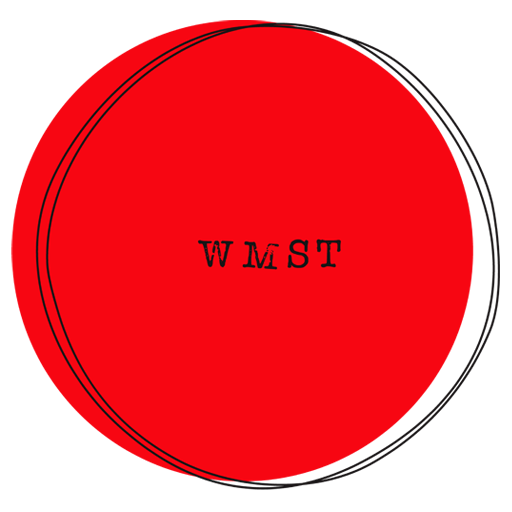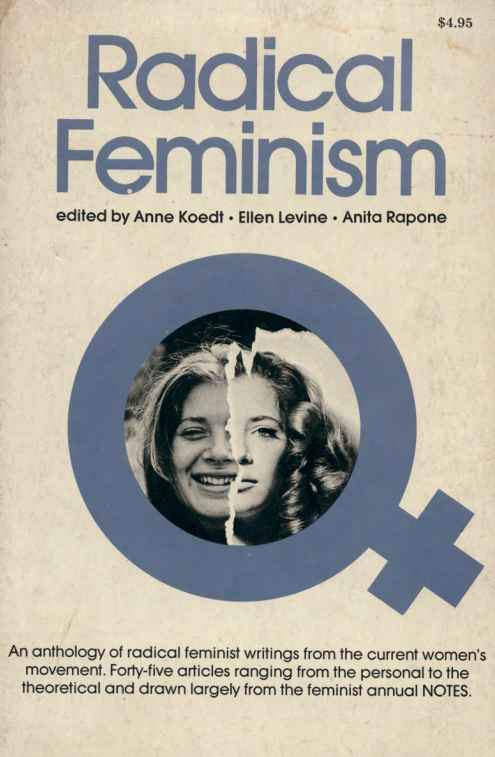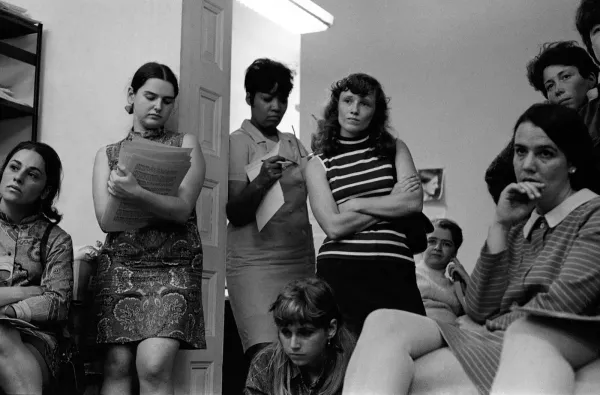Reading Circle meets every Monday at 4pm PT/7pm ET/12am UTC.
Reading Circle is a space for women to explore feminist literature as a group. Every week, we will read a short essay or excerpt of writing about feminist theory or women’s herstory, then discuss our thoughts. No homework, just show up to be exposed to something new!
About The Authors
This manifesto was collectively written by the New York Radical Feminists in December 1969. This was soon after the NYRF was founded by Anne Koedt and Shulamith Firestone. It was originally published in Notes from the Second Year: Women's Liberation in 1970, a mimeographed anthology edited by Koedt and Firestone. Finally, in 1973 it was reprinted in Radical Feminism, edited by Anne Koedt, Allen Levine and Anita Rapone.
Recording
You can listen to a recording of this week's reading here.
Text
You can read this weeks text by following this link.
You can also download a PDF version here:
Discussion Questions
- Why do you think it was important for the authors, in 1969, to so clearly lay out the roles of institution and political power, in this manifesto?
- How do you think the roles of institution and political power in the maintenance of male domination/female oppression have changed, since this piece was written?
- Do you agree that the economic oppression of women is secondary to the sex based oppression of women? Why or why not?
- What do you think of the manifesto's assertion that male supremacy is a system designed to fulfil male identity; to maintain male ego through power over the female ego?
- Do you think men generally are aware that they are hostile to women who do not "perform ego service" for them? Is it different now, versus when this was written?
- Do you agree that love is "the emotional rationale for the submission of one ego to the other. And it is deemed every woman's nature to love"?
- The authors frame the institutions of marriage, motherhood, love and sexual intercourse as biologically essentialist, (because women are capable, that is their purpose). Do you think that these institutions have changed much since this manifesto was written?
- How would you sum up what the authors describe as "internalization"? How is that connected to the institutions they've criticized?
- Do you think women and/or feminists have been successful in "constructing alternative selves that are healthy, independent and self-assertive," in the last fifty years? Why or why not?
- What do you think women could do today, to construct, "alternative selves that are healthy, independent and self-assertive" ?
- Any final thoughts about this piece? Any concepts or language you wish we had delved into a bit deeper?
References
Code of Participation
If you have questions, please read and review our Feminist Code Of Participation.



